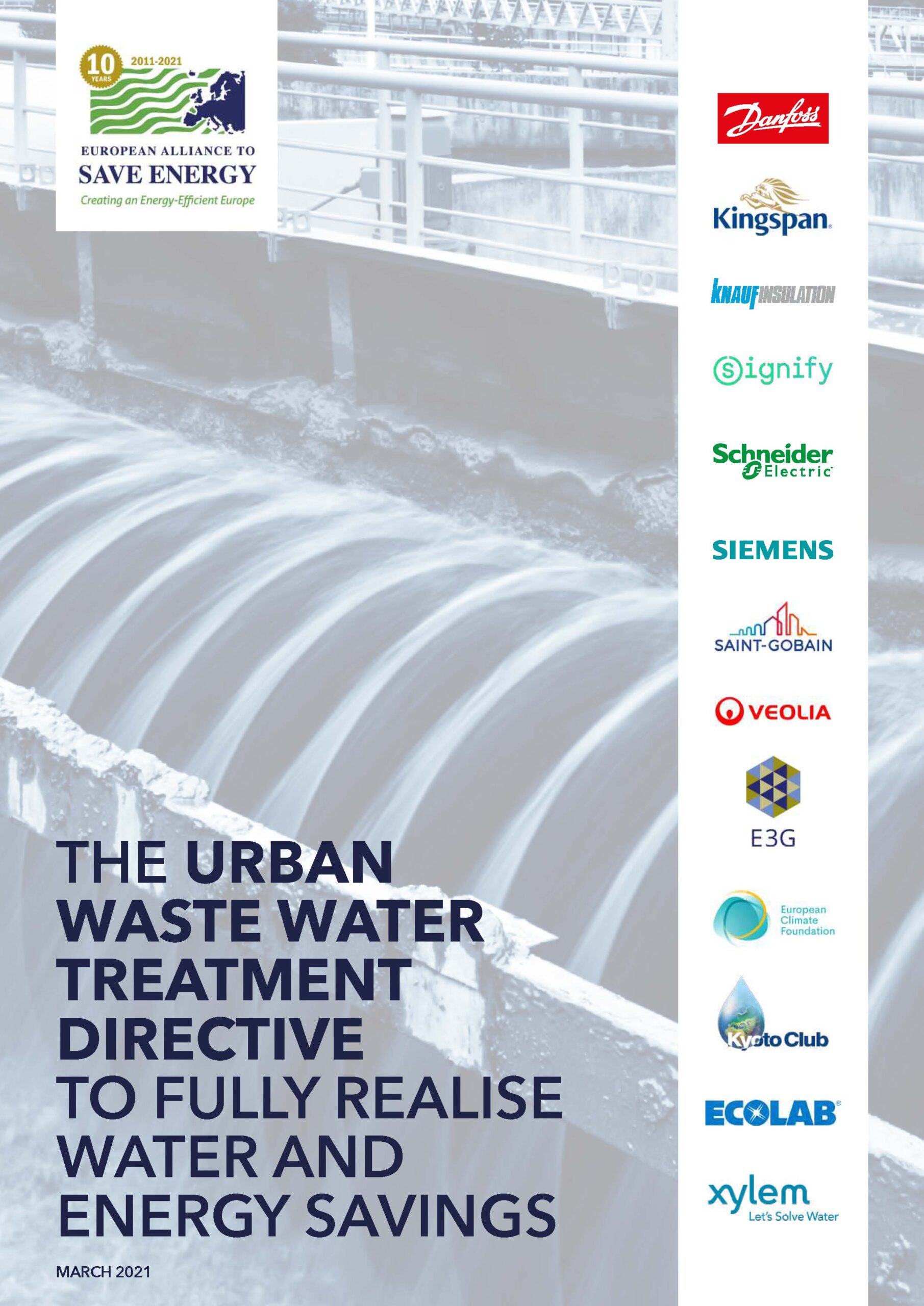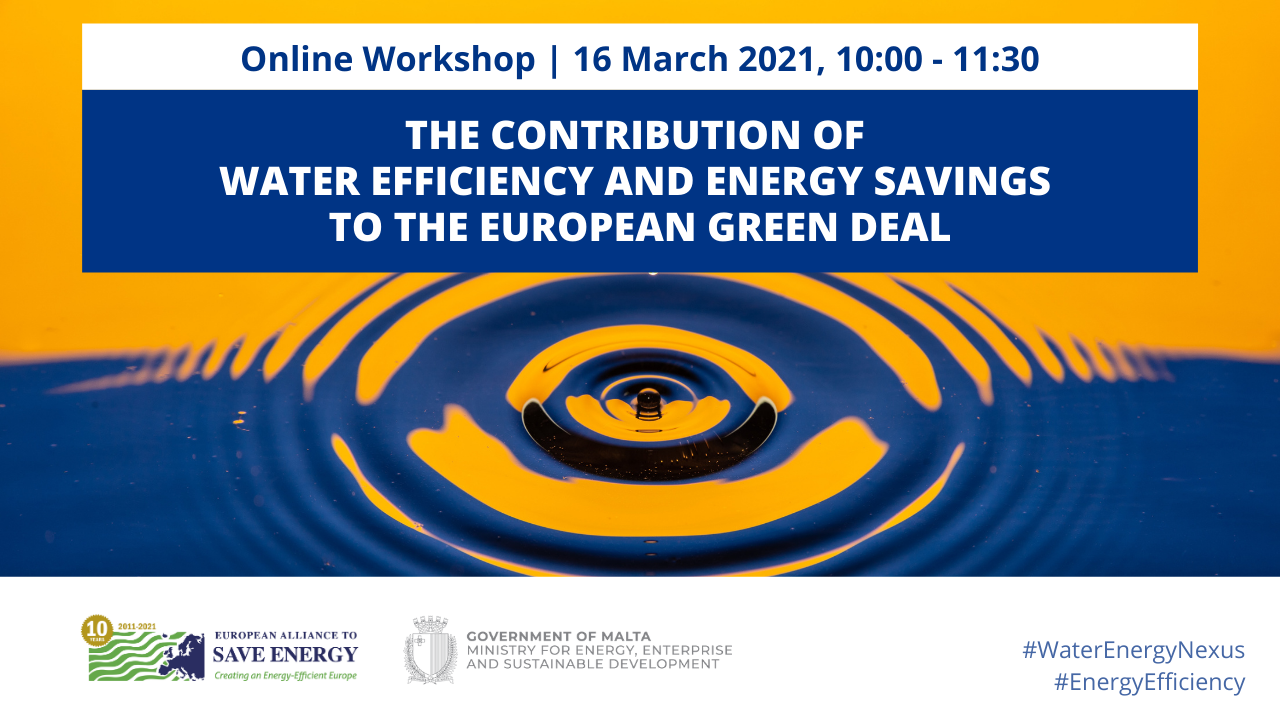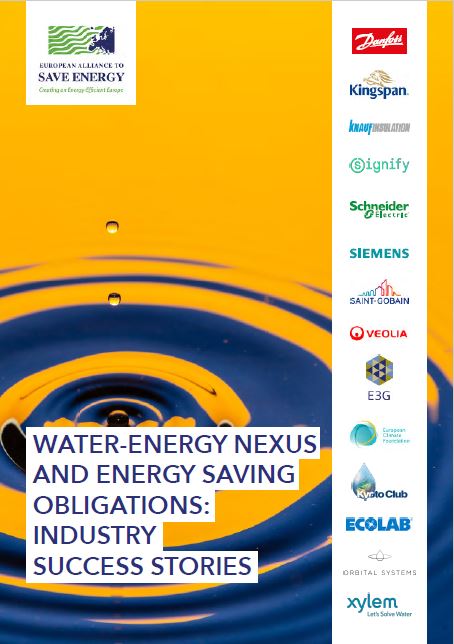Water resources an essential part of the solution to climate change.
Launch of the UN World Water Development Report on 22 March.
Climate change will affect the availability, quality and quantity of water needed for basic human needs, thus undermining enjoyment of the basic rights to safe drinking water and sanitation for billions of people, warns the latest UN World Water Development Report. The authors call on States to make more concrete commitments to address the challenge.
Such a deterioration of the situation would only hinder achievement of Sustainable Development Goal 6 which is part of the 2030 Agenda for Sustainable Development, according to which access to safe drinking water and sanitation must be guaranteed for all within ten years. This will be a considerable challenge – 2.2 billion people currently do not have access to safely managed drinking water, and 4.2 billion, or 55% of the world’s population, are without safely managed sanitation.
Water use has increased sixfold over the past century and is rising by about 1% a year. However, it is estimated that climate change, along with the increasing frequency and intensity of extreme events – storms, floods and droughts, will aggravate the situation in countries already currently experiencing ‘water stress’ and generate similar problems in areas that have not been severely affected. Furthermore, the report highlights the fact that poor water management tends to exacerbate the impacts of climate change, not only on water resources but on society as a whole.
The Director-General of UNESCO, Audrey Azoulay, stresses “that water does not need to be a problem – it can be part of the solution. Water can support efforts to both mitigate and adapt to climate change.”
The Chair of UN-Water, and President of the International Fund for Agricultural Development (IFAD), Gilbert F. Houngbo, says : “If we are serious about limiting global temperature increases to below 2°C and achieving the Sustainable Development Goals by 2030, we must act immediately. There are solutions for managing water and climate in a more coordinated manner and every sector of society has a role to play. We simply cannot afford to wait.”
Read the full article here.





